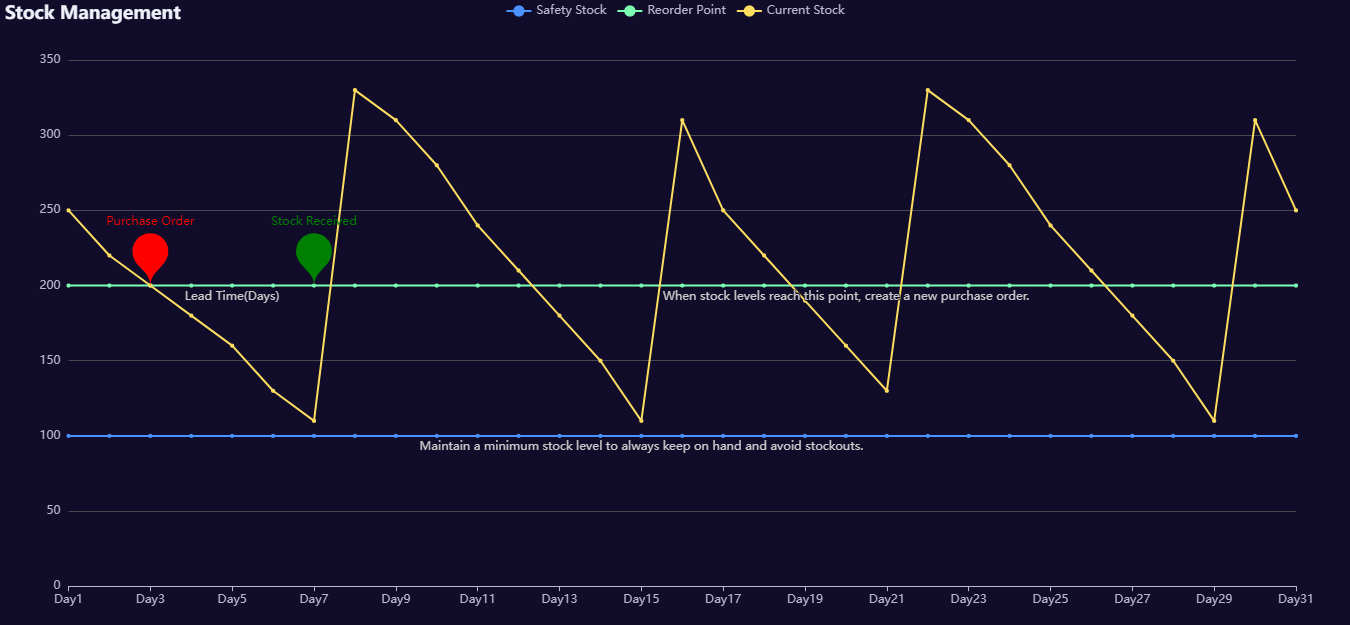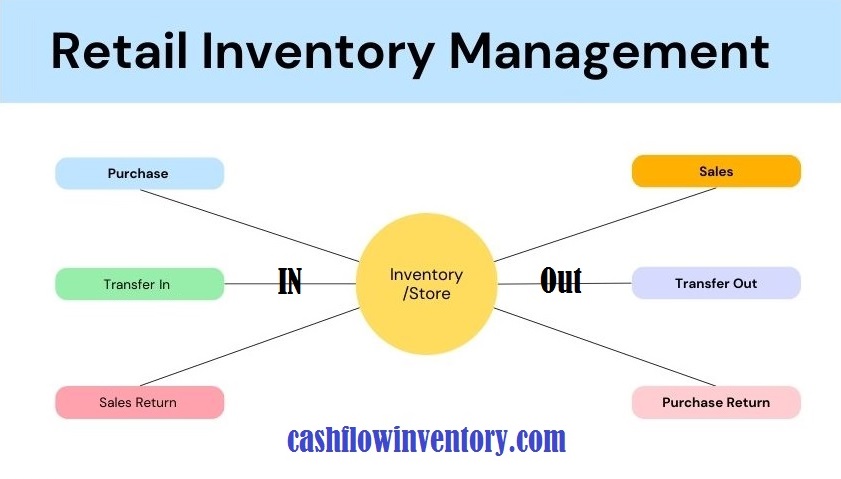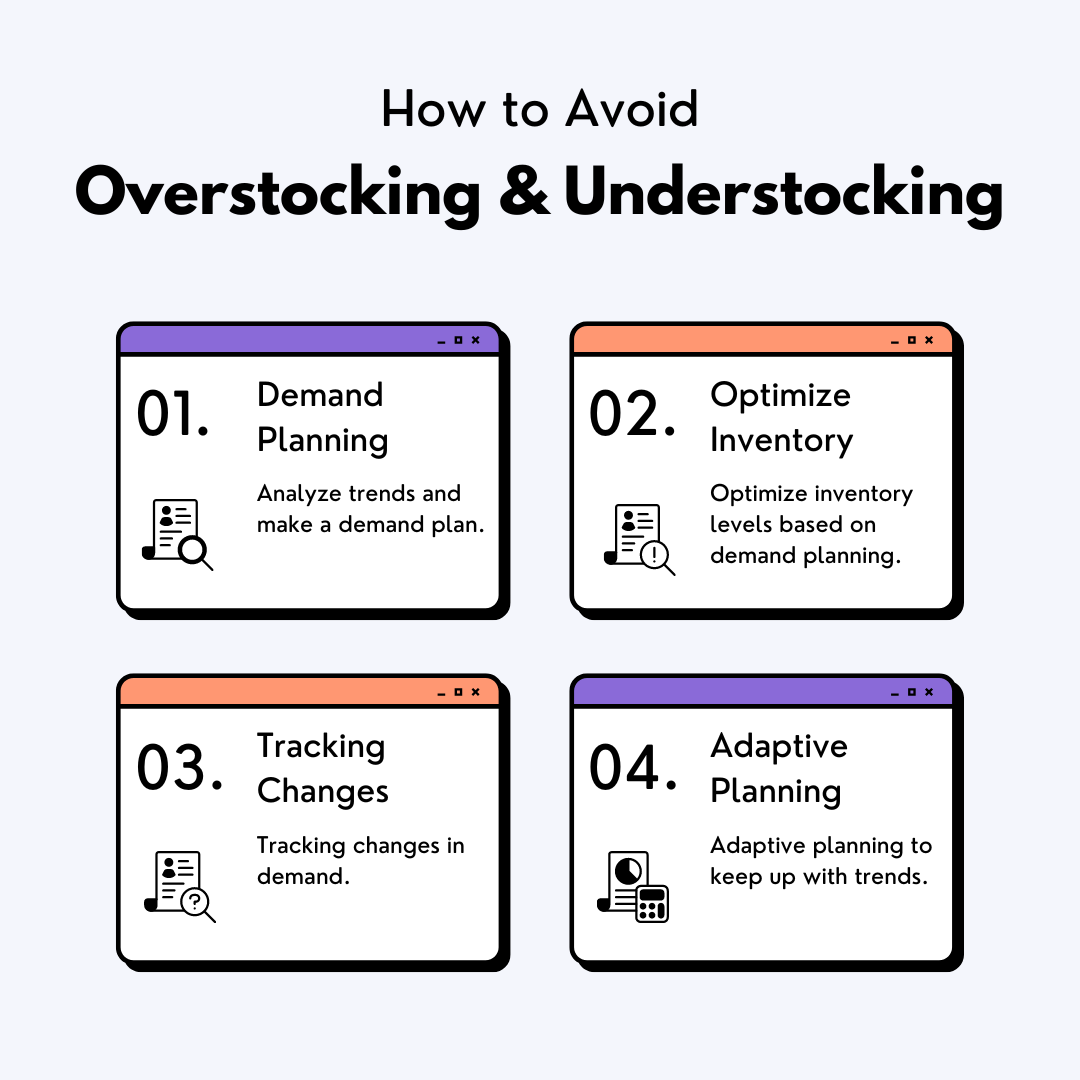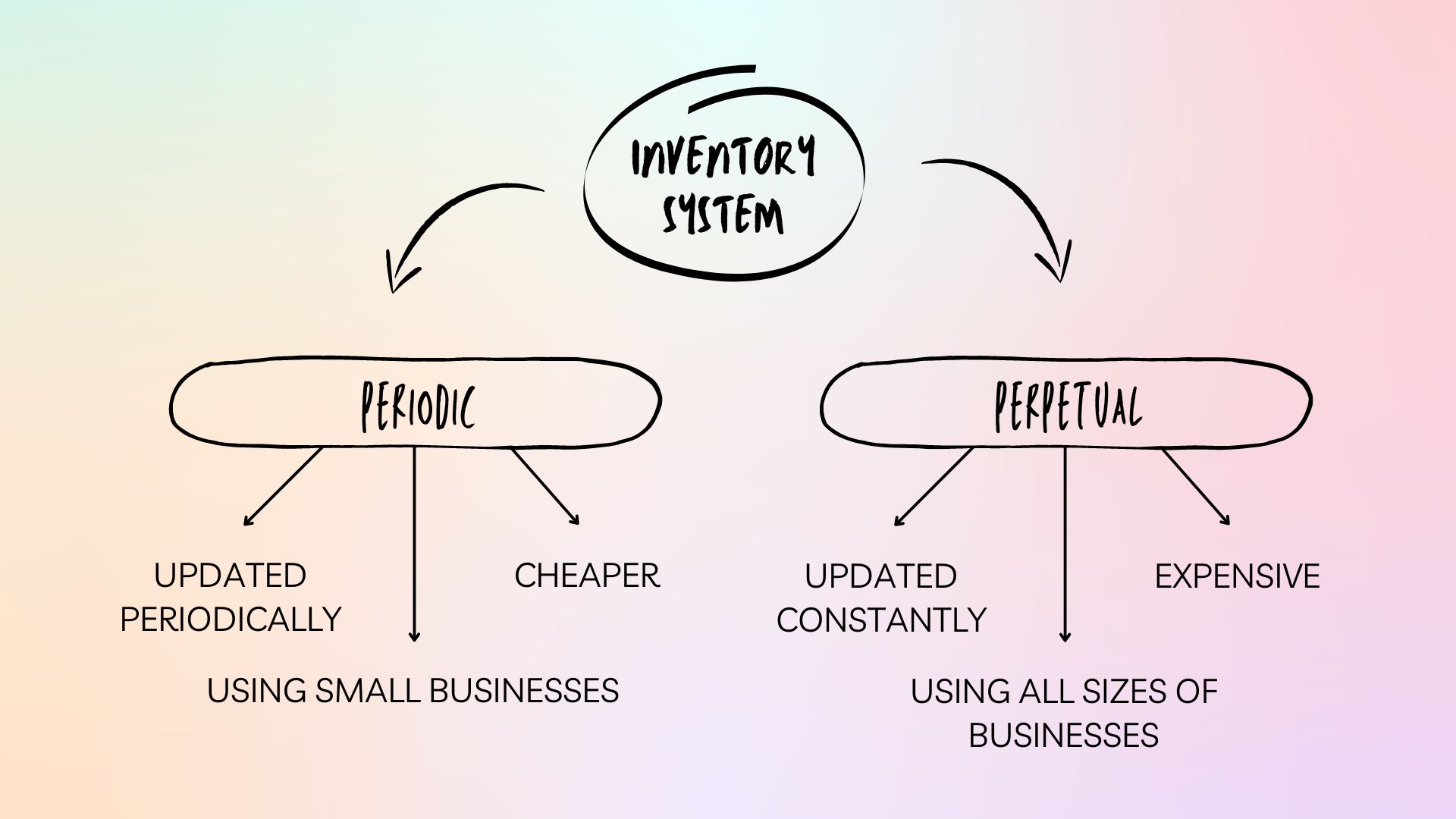
Demand Forecasting & Inventory Optimization: Optimize Inventory Levels
Demand forecasting is a process that predicts future demand for a product, service or activity. It is also referred to as market forecasting or sales forecasting. Demand forecasting helps a business to determine the right quantity of purchase and production to meet customer demands and needs. Worldwide, the retail business loses $471.9 billion to overstocks […]
Read More
21 Techniques of Inventory Control to Improve Inventory Management Efficiency
“Worldwide cost of inventory distortion (including shrinkage, stockouts, and overstock) is an estimated $1.1 Trillion.” –(IHL, 2015) Inventory control refers to taking control of inventory activities. But it’s not enough to only take control. Controlling stock to keep optimal inventory levels is called Inventory Optimization. So, inventory control and inventory optimization are correlated to each other, with […]
Read More
How to Implement a Barcode Inventory System
A Barcode inventory system is an inventory management tool where every product item has a unique id (SKU) to manage inventory activities. A barcode id is generated when adding or purchasing a new item in a barcode inventory system. Then, print the barcodes using a label printer and add barcode labels to the item tags; […]
Read More
Retail Inventory Management | The Ultimate Guide for Retailers
Retail inventory management is the process of managing inventory for retail shops including tracking, controlling, and optimizing inventory levels. A retail inventory management system seamlessly tracks inventory on hand and incoming and outgoing inventory activities, helping to optimize inventory levels with less stock but no stockouts. In 2020, statistics showed that the overall value of […]
Read More
Manufacturing Inventory Management: What It Is, Steps & Technologies
Manufacturing inventory management is the process of planning, organizing, and controlling the flow of raw materials, work-in-progress items, and finished goods within a manufacturing facility. The primary goal of manufacturing inventory management is to ensure that a company has enough inventory to meet customer demand while avoiding overstocking, which can lead to waste, increased costs, […]
Read More
Inventory Mastery: Avoiding Overstocking and Understocking
Overstocking refers to having more inventory than necessary to meet customer demand. Overstocking ties up cash and increases costs for both operations management and holding rents. As a result, your profitability is reduced. Overstock is also referred to as excess stock, excess inventory, stock surplus, or surplus inventory. Understocking means that you do not have […]
Read More
Revolutionize Your Business with Inventory Automation Today
Inventory Automation is a state-of-the-art solution designed to optimize inventory management. With automated systems in place, your business can benefit from accurate real-time inventory tracking, efficient order management, and accurate demand forecasting. Additionally, Inventory Automation can enhance your supplier management processes, allowing for timely replenishment and improving overall supply chain efficiency. With all these benefits, it’s no wonder that Inventory Automation […]
Read More
Saas Inventory Management vs Web Based Inventory System
Software as a Service (SaaS) and web applications are two terms you see all the time now. When evaluating the right option to implement in your business, you have to know the similarities and differences between the two’s to choose the perfect one based on your business. What is SaaS (Software as a Service) inventory […]
Read More
Periodic vs Perpetual Inventory System: Definition, Differences, Advantages, and Disadvantages
A periodic inventory system is an inventory control method where the inventory status is updated at the end of a specific period, rather than after every sale and purchase. In contrast, In a perpetual inventory system, inventory status is continuously updated after every sale and purchase. This method updates data in real time, which allows […]
Read More
SKU or Stock Keeping Unit – Meaning, Benefits, Challenges & Best Practices
SKU stands for Stock Keeping Unit, which is a unique identifier assigned to each product or item in a company’s inventory. The purpose of a SKU is to provide a numerical or alphanumerical code that can be used to easily track and manage a company’s products, including stock levels, pricing, and sales information. SKUs are […]
Read More